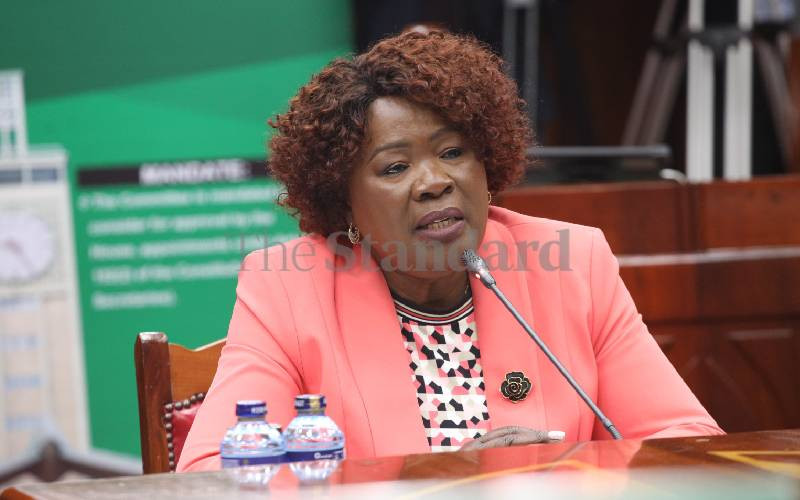×
The Standard e-Paper
Smart Minds Choose Us

Poor Eric Muuga. At a net worth of 'only' Sh31 million, the Cabinet Secretary nominee, is the poorest of President William Ruto's rich list of CSs.
There are two other strugglers, not quite past the magical Sh100 million mark and we truly feel for them; will certainly be looked down by the other 18 dollar millionaires on the Cabinet.